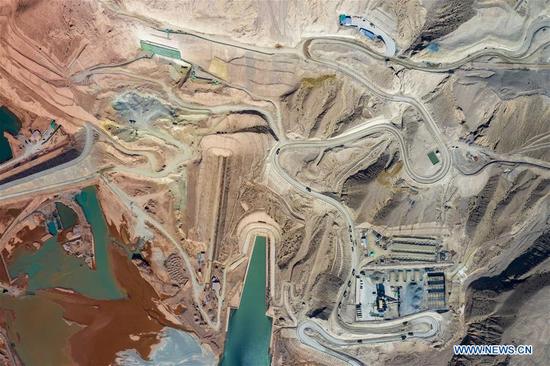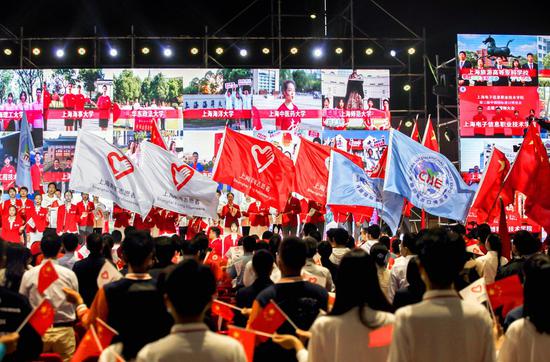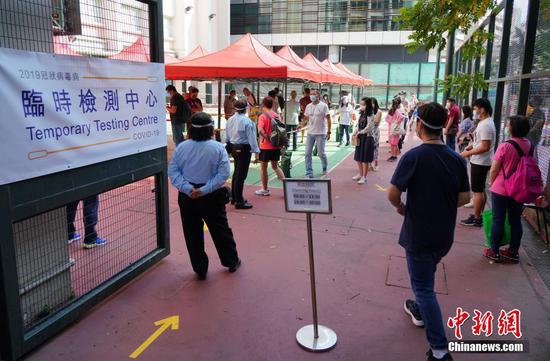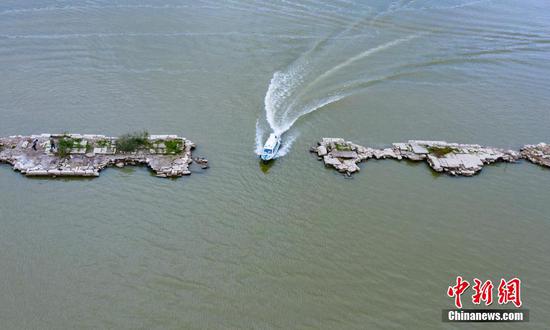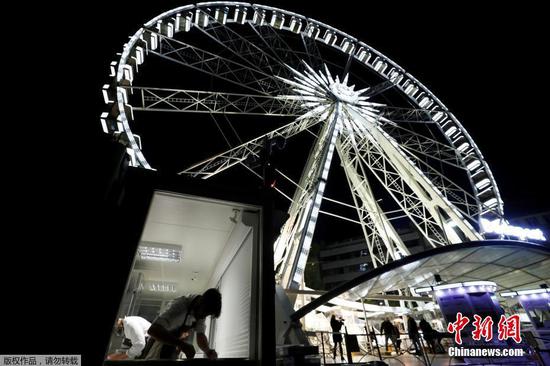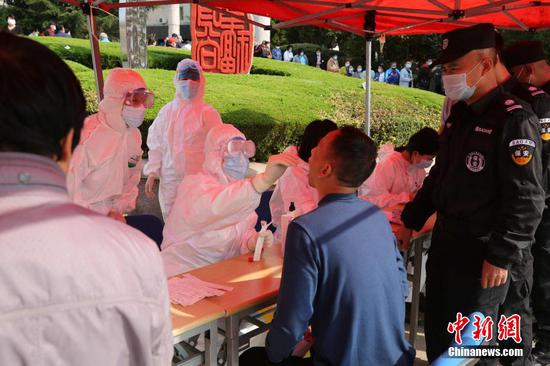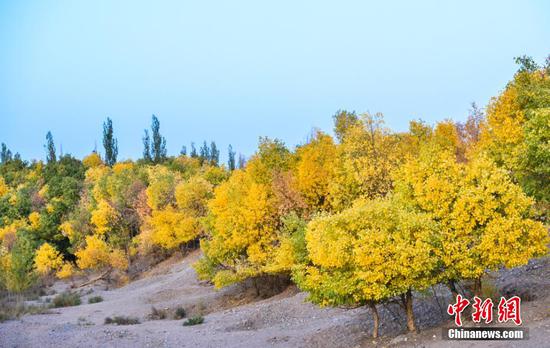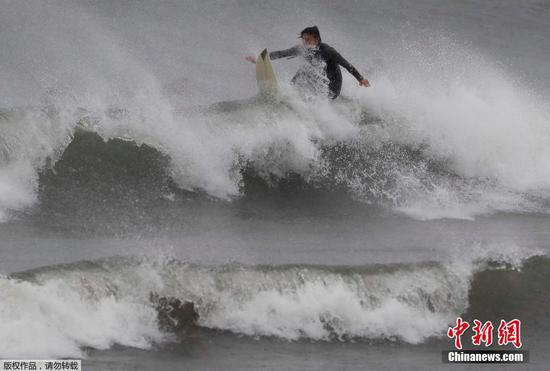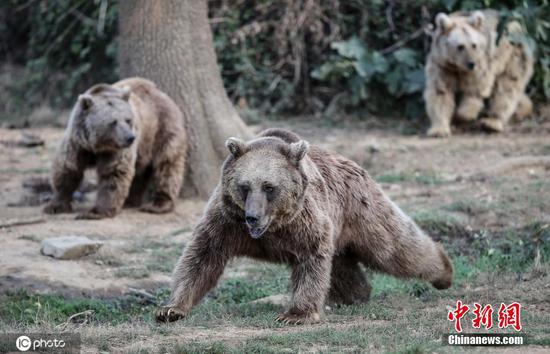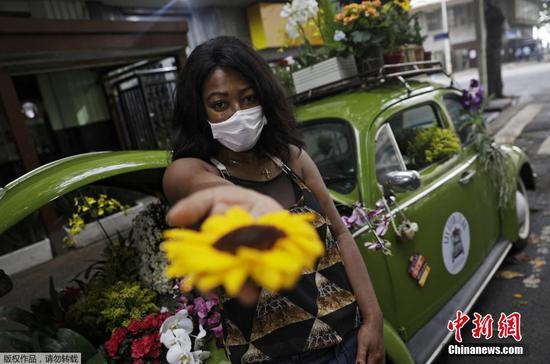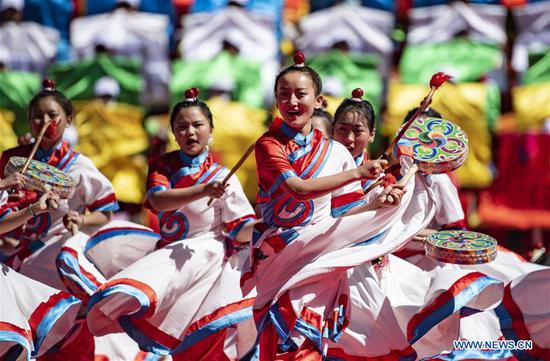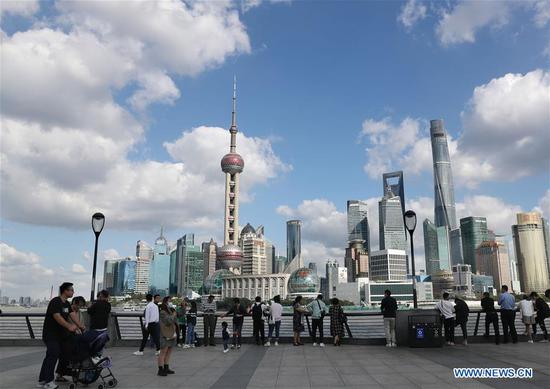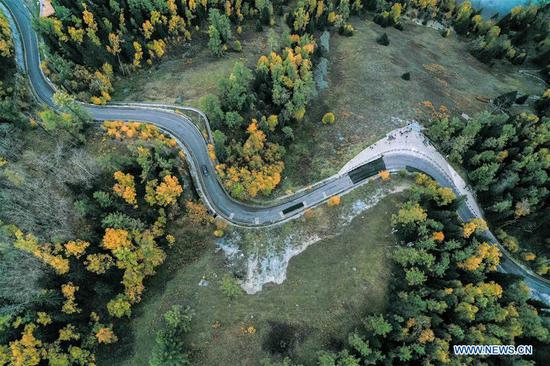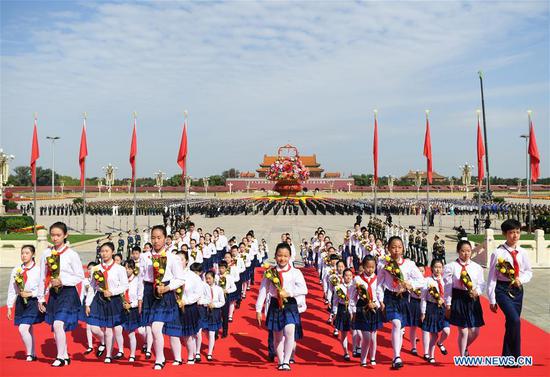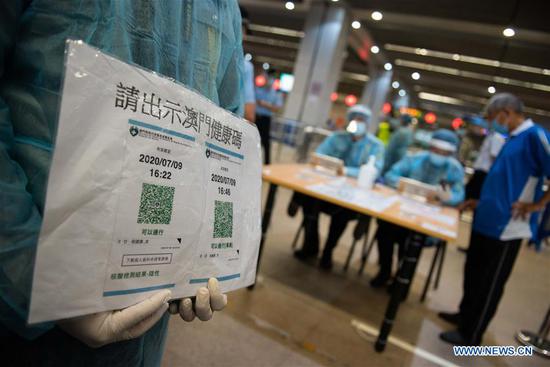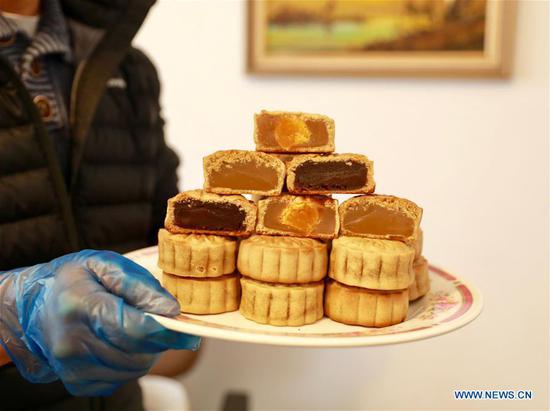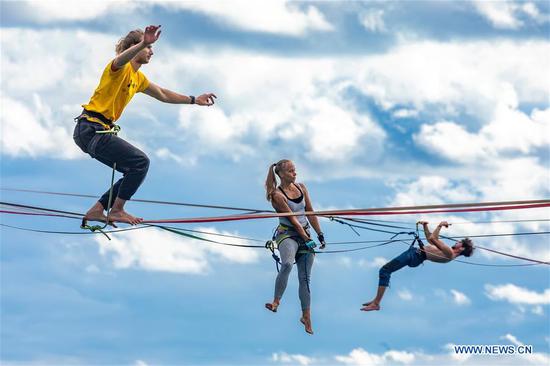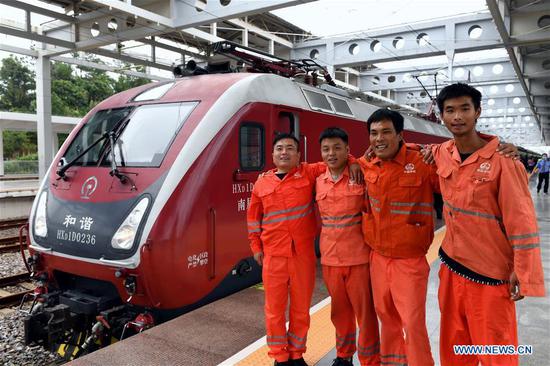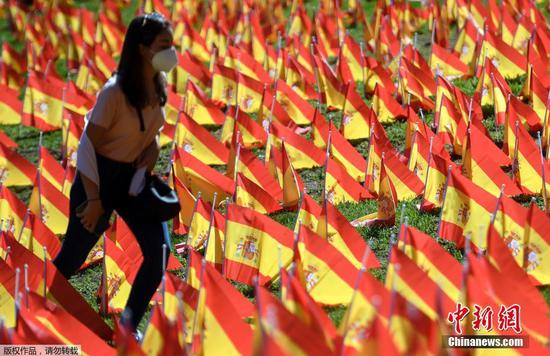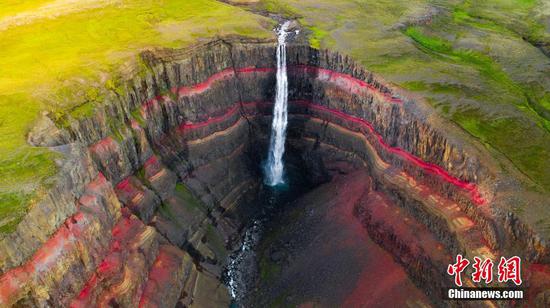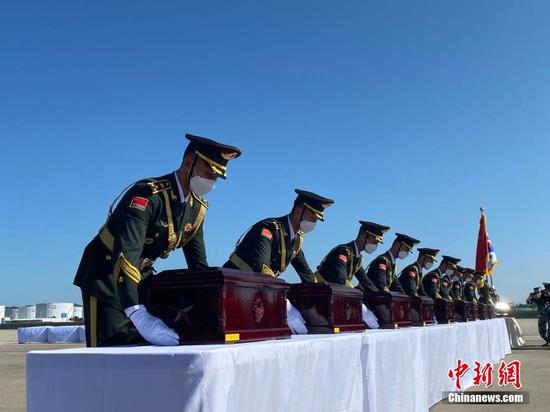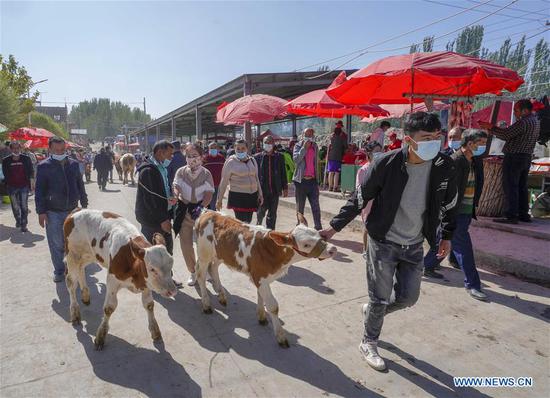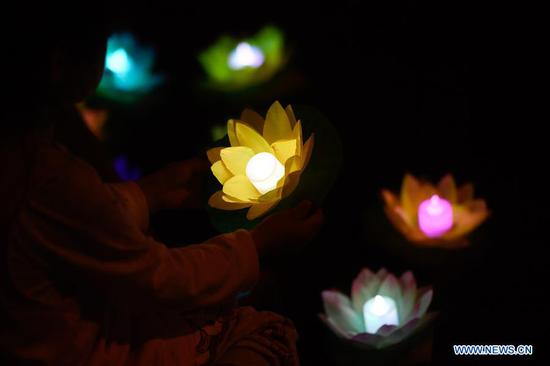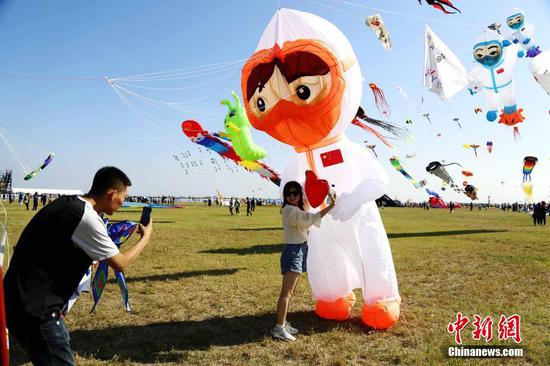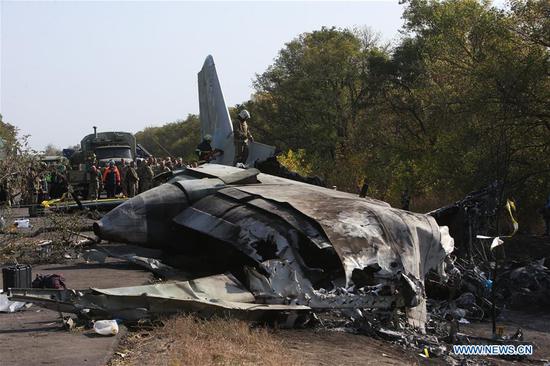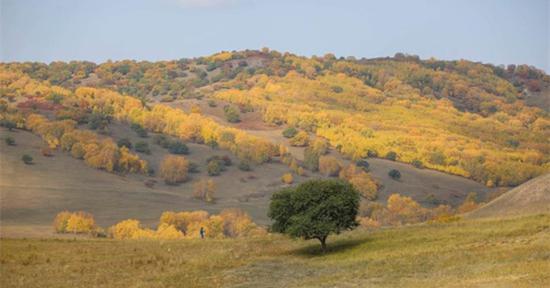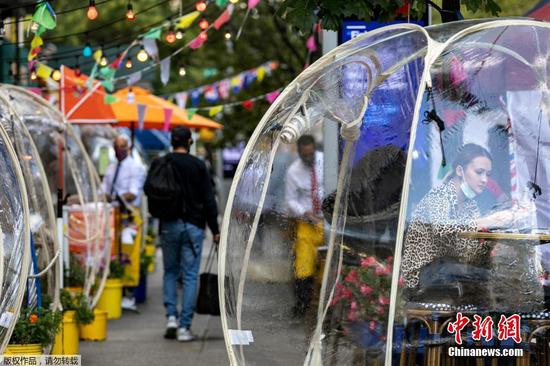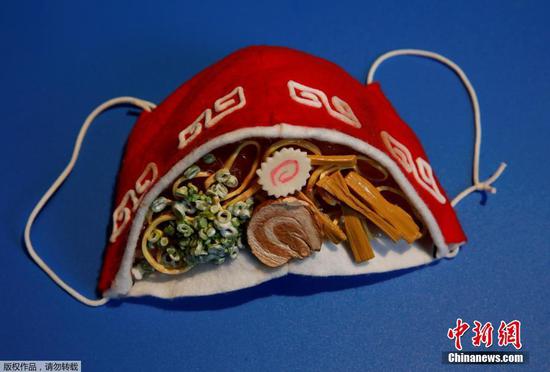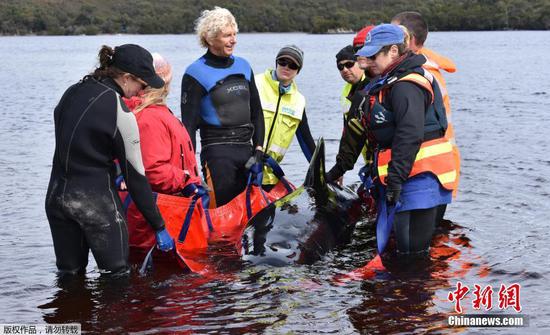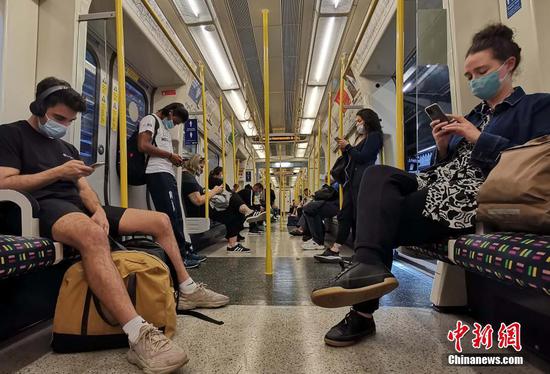The 11th Panchen Lama on Tuesday completed a tour of southwest China's Tibet Autonomous Region lasting almost three months, during which he performed Buddhist rituals and social activities.
The Panchen Lama, Bainqen Erdini Qoigyijabu, flew to the regional capital Lhasa from Beijing on July 31. After performing Buddhist rituals and social activities in Lhasa, Nagqu and Nyingchi, he arrived in the city of Xigaze on Sept. 15. During the following month, he conducted Buddhist rituals and social activities in a variety of counties, townships and villages in Xigaze.
From Sept. 23 to 30, the Panchen Lama was in Xigaze's Yadong County, performing Buddhist rituals and conducting social activities. During this period, he chanted sutras at monasteries and received a warm welcome from local residents.
The Panchen Lama conducted social research in a township under the jurisdiction of Yadong County on Sept. 25. During his stay, he visited a village reconstructed following an earthquake. In the Tibetan-style house of villager Nyima Toinzhub, the Panchen Lama asked him about the working and living conditions of his family in recent years.
The Panchen Lama said he was relieved to hear that Nyima Toinzhub's family of five can make more than 100,000 yuan (14,970 U.S. dollars) a year through border-trade business, in addition to government subsidies.
"Life is better, and your children can attend school now, but you also need to pay attention to your own safety as a driver," the Panchen Lama said to Nyima Toinzhub, who transports goods using long-distance vehicles. "Take care of your parents and lead people in guarding the border well. I am sure that your future life will become increasingly better."
From Oct. 1 to 19, the Panchen Lama conducted a series of Buddhist activities at monasteries in the city of Xigaze.
On Oct. 6, he participated in a high-level debate on sutras at the Tashilhunpo Monastery, along with more than 300 lamas.
On Oct. 10, he visited the Sakya Monastery branch of the Tibet Buddhist Theological Institute, performing Buddhist rituals and chanting sutras.
"Tibetan Buddhism, as a part of the excellent traditional culture of the Chinese nation, should be oriented towards sinicization and adapted to socialist society," the Panchen Lama told other lamas at Sakya Monastery.
The Panchen Lama is a member of the Standing Committee of the National Committee of the Chinese People's Political Consultative Conference, the country's top political advisory body. He is also vice-president of the Buddhist Association of China and president of the association's Tibet branch.









